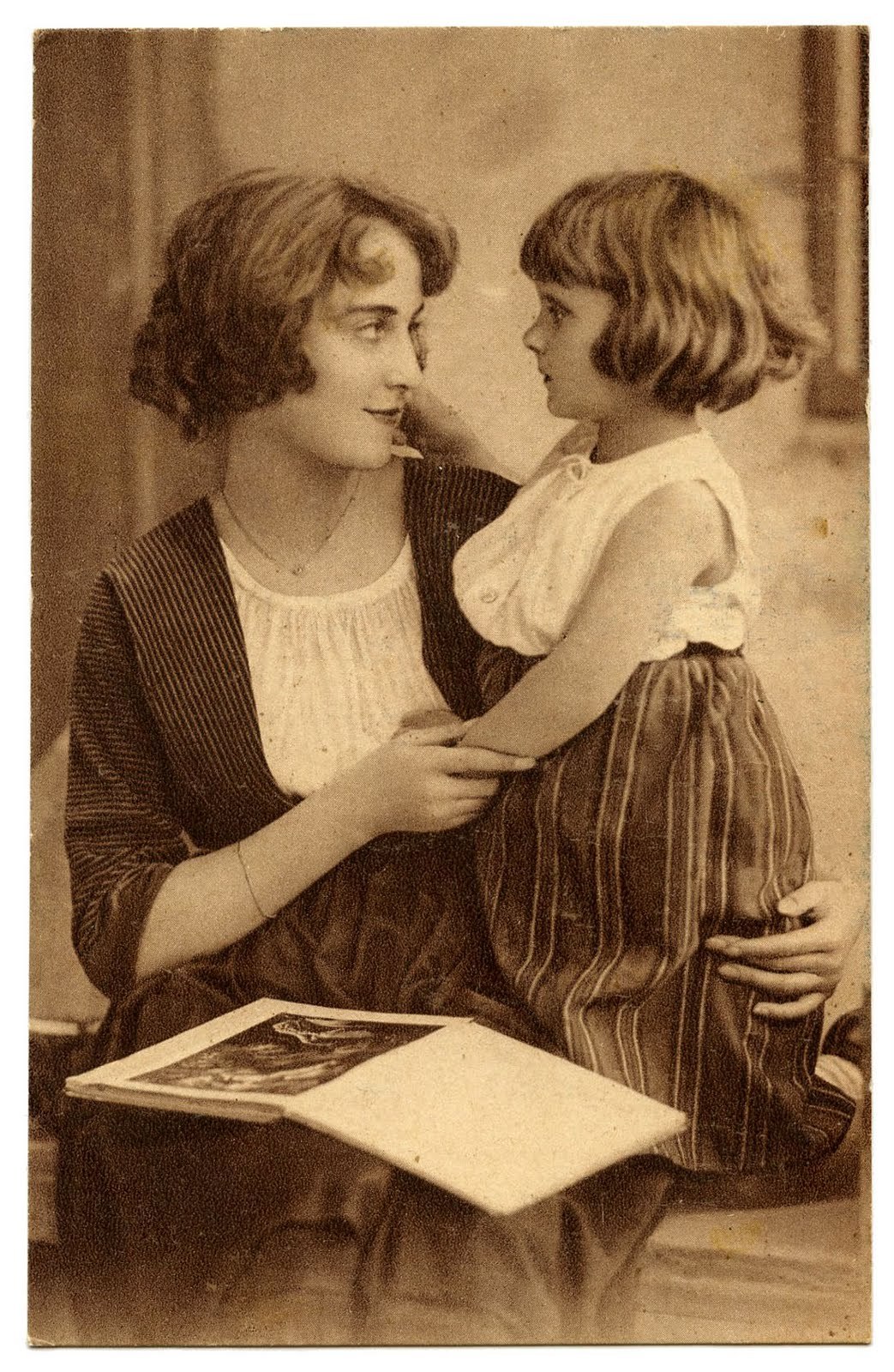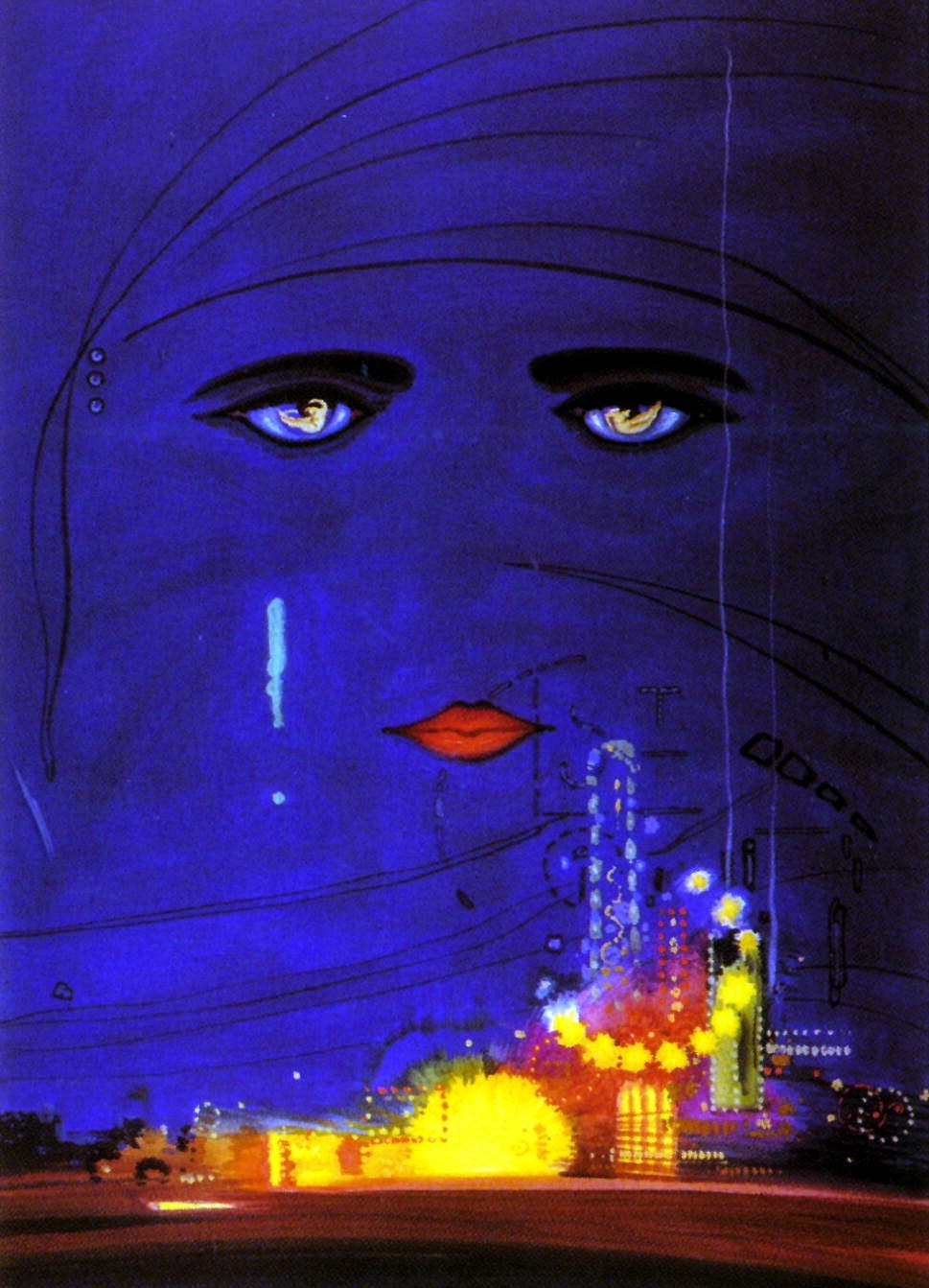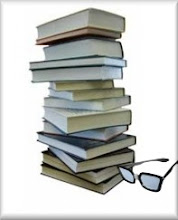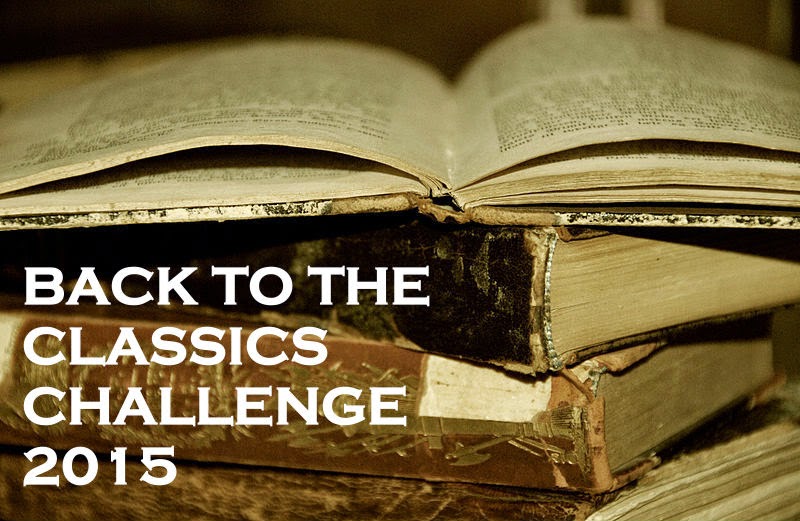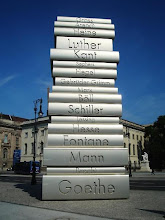Trying to categorize Brian Selznick's 2007 children's book is pretty difficult. The author himself described it as "not exactly a novel, not quite a picture book, not really a graphic novel, or a flip book or a movie, but a combination of all these things". Indeed, with 284 out of its 533 pages being pictures, even the literary community has not been able to fully decide where to shelve this one. It won the 2008 Caldecott Medal as a novel, even though the award is traditionally reserved for picture books. The one thing that those who have read it can agree on is that it is a very unique book full of a fantastical and magical qualities that will delight readers both young and old.
The Plot:
It is 1931 and twelve year old Hugo Cabret is living in the walls of the Montparnasse train station in Paris. After being orphaned by the tragic death of his father, Hugo was taken in by a drunken uncle who trained him to help keep the train station clocks running smoothly. Hugo continues this after his uncle's death in order to keep from being taken to an orphanage.
Hugo's main obsession in life is to finish fixing an automaton that his father had discovered in the attic of a museum. He is convinced that his father has left him a message in the automaton and the only way to discover it is to fix the machine. His need for parts brings him into contact with Papa Georges, a grouchy old man who runs the station toy store, and his spunky goddaughter, Isabelle. As the story progresses, Hugo and Isabelle discover that there are secrets that Papa Georges is keeping and that the automaton seems to be the key to both their past and their future.
My Review (Caution - Spoilers):
I became aware of this book after seeing Martin Scorsese's Academy Award winning film Hugo. I loved that film (more on it later) and was determined to read the original source. It is such a unique book that I am sure I will have some difficulty in reviewing it, but here it goes anyway.
I was a little afraid when I saw that about half of the novel's pages were devoted to pictures. I couldn't help but feel that this would in some way slow the story down. But Selznick's masterful artwork actually did the opposite. Each picture contained enough information that additional words were unnecessary and the pace remained quick and smooth. They also added to the magical quality of the story, especially the stills from Georges Melies' films. I also enjoyed each of the characters in the story. Hugo is full of ambition and yet his loneliness and insecurities help you sympathize with him. Isabelle is smart, compassionate, and brave...qualities that we all like to see in ourselves and our daughters. And one can't help but love Papa Georges whose grumpiness is covering a large amount of pain and regret.
As an adult, what I enjoyed most were the real life historical aspects of the novel. I had no previous knowledge of the works of Georges Melies and I found myself fascinated by his story. He was a popular filmmaker at the turn of the 20th century, and he used his background in magic to create seemingly impossible special affects for his films. Most of them have a fantastical, almost dreamlike quality to them and Selznick especially highlights his famous "A Trip to the Moon". Anyone who has even a basic interest in the history of film will appreciate this part of the story.
Though this isn't a perfect novel (I did find the ending to be somewhat anticlimactic, and some children may find the plot dull), it is certainly a fascinating one. It is so different from almost anything else you will read, and it has a beautiful and magical quality that will stay with you for a long time. It is completely worth your family's time.
The Movie:
As I said before, I was drawn to this book by the 2011 film adaptation. It stars Asa Butterfield as Hugo, Chloe Grace Moretz as Isabelle, Ben Kingsley as Papa Georges, and Sacha Baron Cohen as the Station Inspector. In many ways, this film brings out the truly fantastical qualities of the story that the page just can't. The special effects of the film really reflect the magic of Melies' films and you actually get to see clips from them as they were meant to be seen, not just as stills. In many ways, I feel that a story centered on an early filmmaker is best told through that medium.
Besides the effects and cinematography, the acting was also top notch. I thought that Asa Butterfield especially did a wonderful job with the character of Hugo (you may remember him from his touching work in "The Boy in the Striped Pajamas"). He was able to portray an almost wise-beyond-his-years boy who still retained an air of innocence and vulnerability.
I really hate that this film did not perform as well at the box office as it should have. It is a truly beautiful film that should be enjoyed along with the book. I would definitely put it on the list for your next family movie night.


